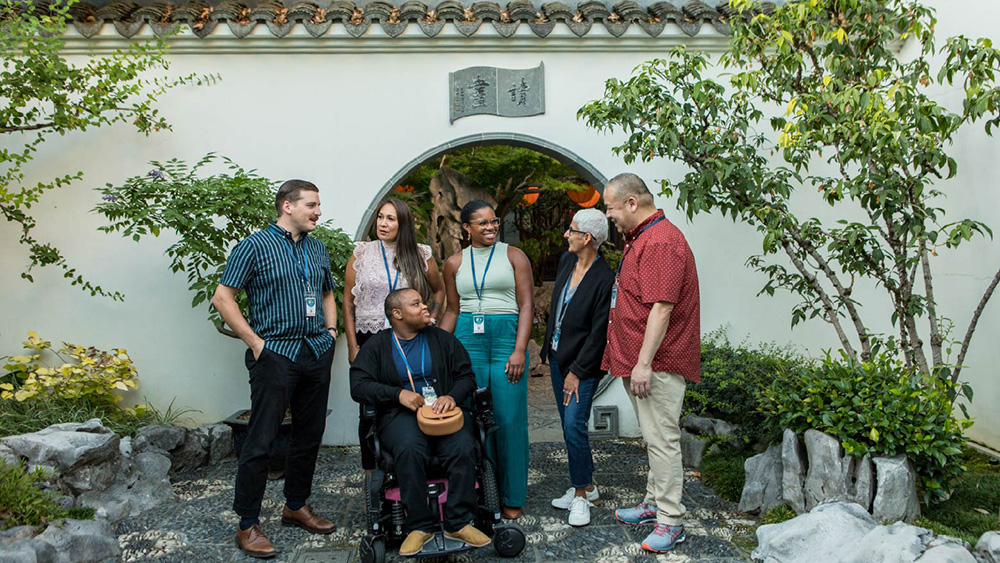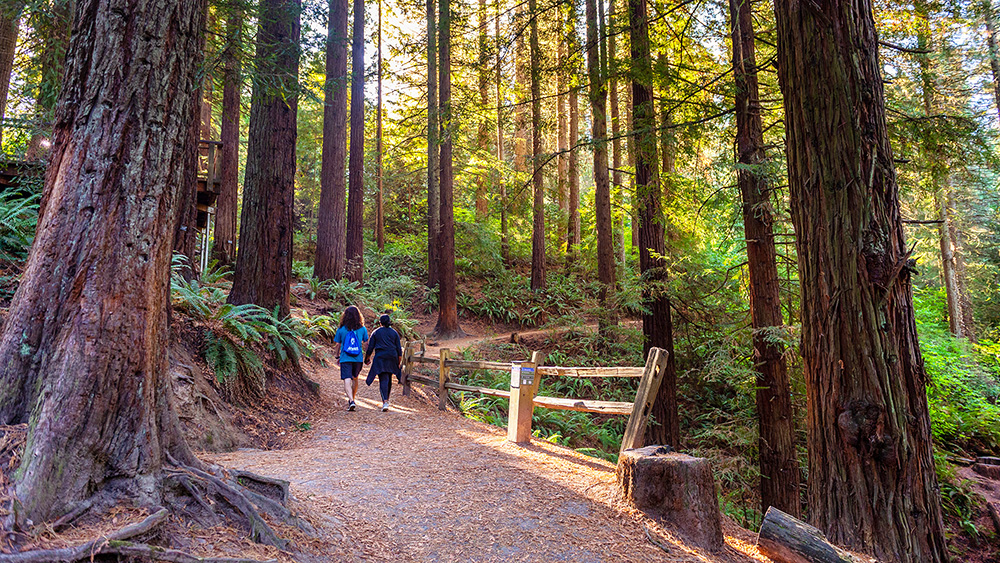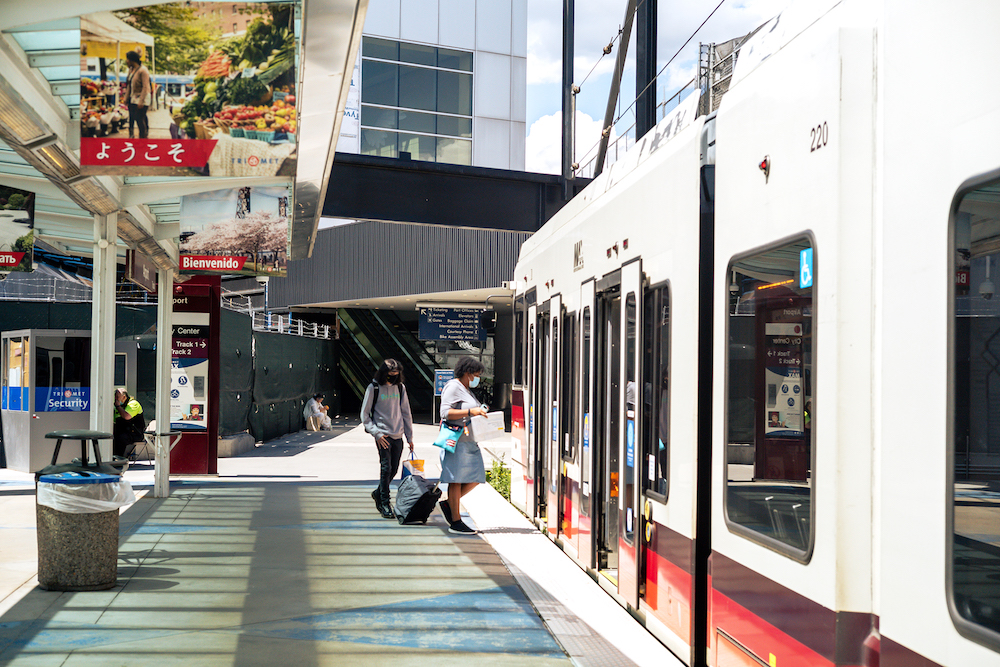
The Lan Su Chinese Garden in Portland offers a wheelchair-accessible route — in fact, almost every area of the garden can be accessed by visitors using mobility devices.
When potential registrants receive information for your next meeting, some of them are going to be focused on one question: Will the experience be able to accommodate my unique needs? Approximately one in five event attendees have some type of disability, and the typical conference environment can create participation challenges. Addressing those concerns starts with choosing the right host destination, and Portland, Oregon — recently named the fourth-most accessible city in the U.S. by Forbes Health — shines as an example for the events industry. Read on to learn how the Rose City can make your meeting more accessible.
Hotels That Will Feel Like Home
Portland recently earned its badge of verification from Wheel the World, which gives organizers the ability to help attendees know which properties will offer what they need to feel comfortable. With information that highlights step-free entrances, low bed heights, accessible concierge desks, and in-room mobility features, the site simplifies the search for the right place to make reservations. The directory includes all the city’s major convention hotels and top attractions, too.

Portland’s Hoyt Arboretum offers three fully paved trails, and more are in the works. Visitors using wheelchairs can also use the Washington Park Free Shuttle, which makes stops at the arboretum’s visitor center.
Outdoor Activities for Everyone
Portland is famous for its urban forests, but the city boasts more than just advanced-level, rugged trails for expert-level hikers. From the wheelchair-friendly, 1.5-mile Mountain View Trail in Powell Butte Nature Park to paved paths that offer stunning views of Mount Hood and Mount St. Helens in Cully Park, accessible options for outdoor adventuring allow attendees to move at their own pace while soaking in the fresh air of the Pacific Northwest.
Options for Getting Around
Portland scores off the charts for walkability, but the city is more than just pedestrian- friendly. TriMet — the city’s public transit network of light rail, streetcars, and buses — has a long history of innovating for inclusivity, including the recent addition of new trains with longer wheelchair ramps and other inclusive features. And when attendees want options to explore more of the city’s diverse neighborhoods, hand-powered and foot-powered bikes are available to rent from Adaptive Biketown. The partnership between Portland’s bike-share program and local company Kerr Bikes offers a chance to enjoy nearly 400 miles of cycling trails.

The TriMet MAX Light Rail’s Red Line is the easiest way to travel to and from the Portland International Airport (PDX). There are numerous accessibility features both at platforms and on the train itself. Credit: Justin Katigbak
Innovating for Invisible Needs
Accessibility involves more than removing physical barriers; tailoring the experience to help attendees with sensory challenges is equally essential. In Portland, attendees will feel the difference as soon as they arrive, thanks to a sensory room in Concourse D at Portland International Airport. For anyone who needs additional assistance, the airport also participates in the Hidden Disabilities Sunflower Lanyard program, which allows guests to discreetly signal they may require more support.
At the Oregon Convention Center — a KultureCity Certified Sensory Inclusive Venue — attendees can pick up sensory bags with noise-cancelling headphones, fidget toys, and communication cards. Many of Travel Portland’s attraction partners, including the Oregon Museum of Science and Industry and the Oregon Zoo, offer similar resources for those with sensory needs.
Visit Travel Portland to learn more about how the city’s forward-thinking approach to accessibility can create a positive impact for your next meeting.

